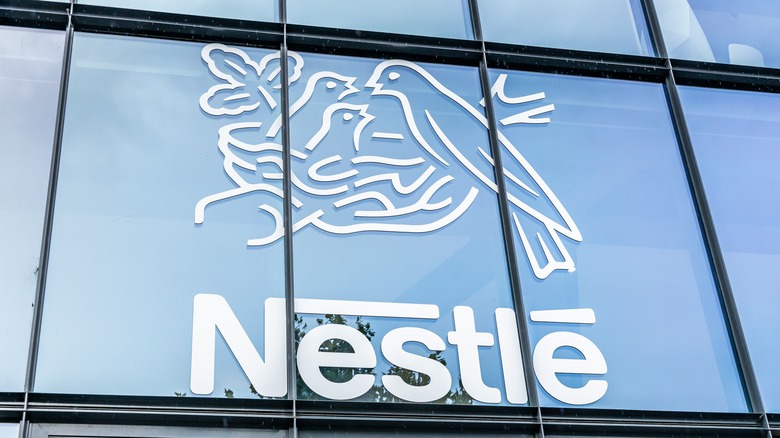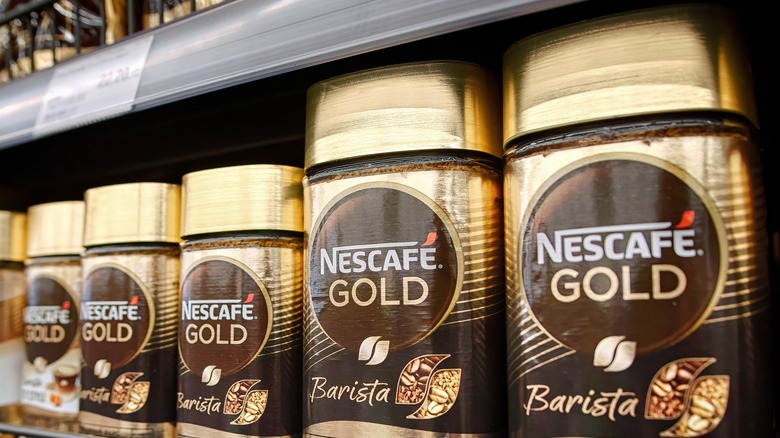How Nestlé Is Reacting To News Of Food Hoarding
Prices for food, fuel, and other basic necessities have seen a massive rise due to inflation this year. Euromonitor International projects that global inflation in 2022 will see an approximate 8.3% increase, and will only stall slightly going into next year.
Countries in Africa, Asia, and the Middle East have been especially affected by these rising prices, and the ensuing shortage. The United Nations (UN) reports that residents in the Horn of Africa are facing some of the worst conditions of this shortage. It reports that more than 7 million children in the region are currently malnourished. Other global leaders have warned that the impact of these food shortages could be worse than that of the Covid-19 pandemic. Food shortages also contributed to massive revolts against the government in Sri Lanka this year. It's hard to say when these shortages and the resulting price hikes are going to slow down. CNBC points out that the UN is projecting prices to continue rising another 8% by 2027. It says that the biggest issue causing this shortage is the cost of food, rather than its availability.
With price hikes becoming a standard part of many people's lives, residents in some regions have resorted to stockpiling food to save money.
Nestlé plans to adjust packaging, ingredients
Reuters reports that many residents in parts of Asia and North Africa have resorted to hoarding food supplies. The habit of buying in bulk is reminiscent of the early days of the Covid-19 pandemic. Shoppers have been buying reserves of coffee, flour, sugar, and toilet paper. Some are worried about their ability to find these products in the future, but they are also shopping with future price increases in mind. Price hikes on necessities like these have become so commonplace that stocking up now is an investment for when the next round of increases comes.
Reuters adds that Swiss brand Nestlé is doing all it can to adapt to these new conditions and help customers save money on its products. This might come in the form of new packaging or ingredients in an effort to keep costs low.
Not all regions are being affected equally by food insecurities, though. The Middle East, North Africa, and Asia only account for approximately 13% of Nestlé's total business. Food Dive says that Nestlé is poised to see major growth this year in the U.S. thanks to new portfolio acquisitions.

